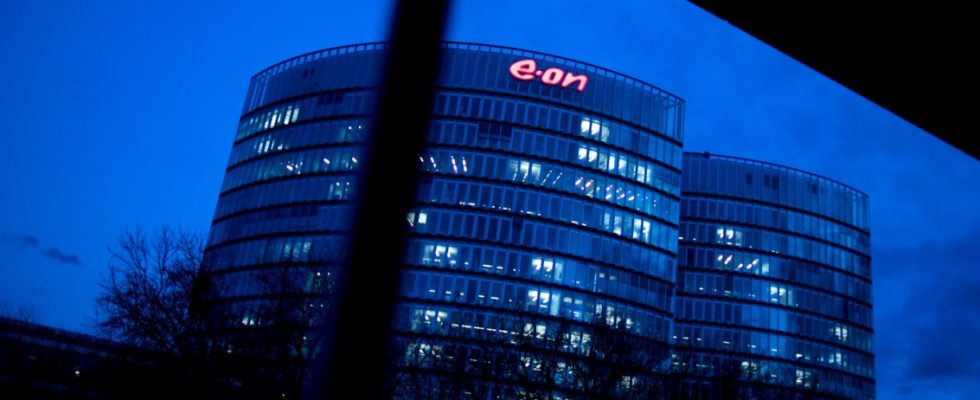It’s good that this has finally been clarified: “A typical working day for a board member can be very varied,” announces the Essen-based energy company Eon. The Dax company now invited to the purely virtual general meeting and published on the Internet Questions from the shareholders and answers from the board of directors. And in question 133, a shareholder just wanted to know how a board member usually spends his day. Question 76 about the number of employees who fell ill with Covid and died as a result was also unusual, but very compassionate. By the beginning of 2022, 17 Eon employees had died of the disease.
However, tough economic issues were also discussed at the shareholders’ meeting. Ingo Speich from the fund company Deka Investment and Thomas Deser from Union Investment criticized the group’s high level of debt, especially since Eon wants to invest around 26 billion euros in the expansion of the electricity grid by 2026. “Eon’s current debt is too high for the capital market,” Deser said. The company is one of the most important distribution system operators in Europe, owning 1.6 million kilometers of electricity and gas lines in nine countries. And the power grid must be massively expanded to connect the many planned wind and solar power plants.
In addition, Eon sells electricity and gas to consumers, but has to buy this energy itself beforehand. The Essen-based company has 14 million customers in Germany. However, the company has not operated any power plants since the Isar 2 nuclear reactor was shut down in April. However, fund manager Deser complained that despite the nuclear phase-out, Eon still has a stake in Urenco, a company that, among other things, enriches uranium for power plants. Deser described this a little as a “dark spot on Eon’s whitening sustainability vest”. When asked whether a sale was pending, CEO Leonhard Birnbaum simply replied: “We are constantly checking it.” However, the federal government must agree to a sale.
The EU court approves an important deal with RWE
Meanwhile, good news for the company comes from Luxembourg. The General Court of the European Union dismissed the lawsuits eleven German energy suppliers – mostly municipal utilities – against the exchange of parts of the business between RWE and Eon. The Essen companies had agreed in 2018 that RWE would receive power plants from Eon. In return, RWE’s electricity and gas grids went to Eon; RWE also became a major shareholder in the rival. The competition watchdogs of the EU Commission approved the project in 2019. The plaintiffs do not want to accept this and argue that the two companies hardly competed with each other thanks to this reorganization.
However, the court did not see any errors on the part of the commission. However, the proceedings related only to the approval of the power plant takeover by RWE. In addition, in another trial, the court is dealing with the question of whether the approval of the takeover of networks by Eon was legal.
Kirsten Nölke, board member at the plaintiff Naturstrom from Düsseldorf, expressed his disappointment at the judge’s verdict: “It cannot be that the two German top dogs mutually divide the market along the value-added stages in order to perspectively marginalize the medium-sized municipal utilities and independent providers like us to be able to push.” The green electricity provider will consider going to the next instance. An Eon spokesman says, however, that the group welcomes the decision of the Luxembourg court.

